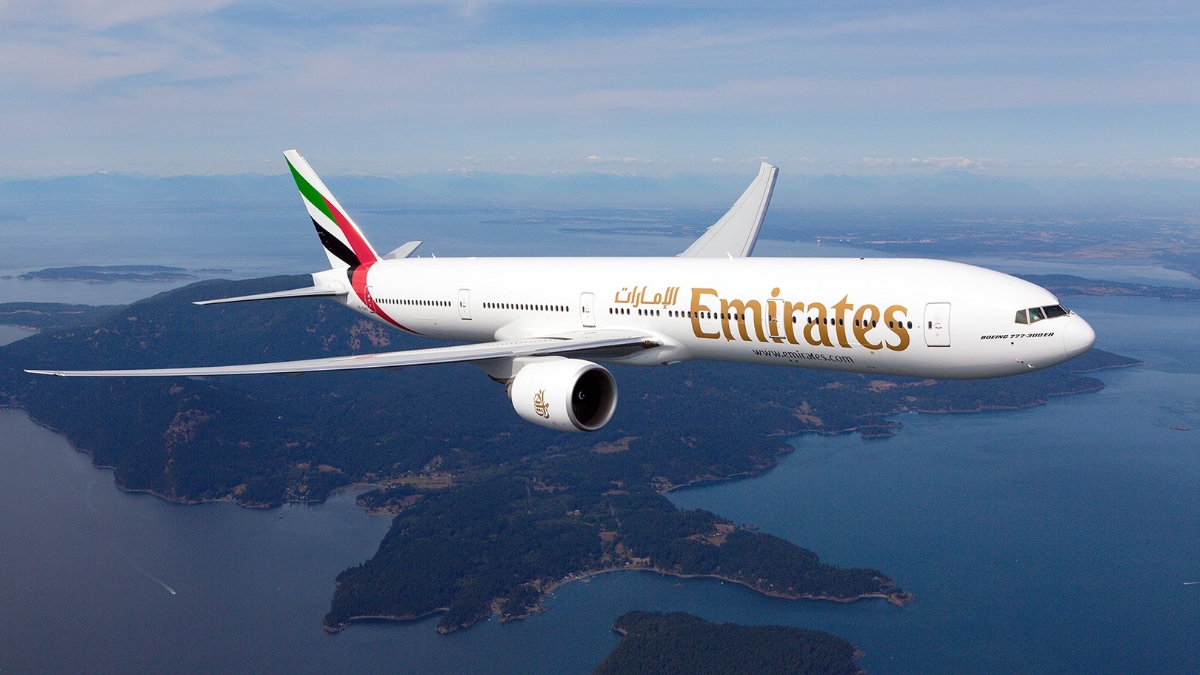The Emirates Group reported its highest-ever half-year financial performance, with a profit before tax of AED 10.4 billion (US$ 2.8 billion) for the first six months of the 2024-25 fiscal year. This surpasses the previous record set during the same period last year.
For the first time, the Emirates Group faced a corporate income tax rate of 9%, introduced in 2023. After applying this tax, the profit after tax stood at AED 9.3 billion (US$ 2.5 billion). The Group maintained a strong EBITDA of AED 20.4 billion (US$ 5.6 billion), slightly lower than last year’s AED 20.6 billion.
Revenue for the period rose by 5% to AED 70.8 billion (US$ 19.3 billion), compared to AED 67.3 billion (US$ 18.3 billion) in the previous year, attributed to steady customer demand across business segments and global regions. The Group’s cash reserves remained strong at AED 43.7 billion (US$ 11.9 billion) as of September 30, 2024, despite a slight decline from AED 47.1 billion (US$ 12.8 billion) on March 31, 2024, due to payments for new aircraft and debt servicing.
HH Sheikh Ahmed bin Saeed Al Maktoum, Chairman and CEO of Emirates Airline and Group, lauded the results, stating: “The Group has surpassed its record performance of last year to deliver a fantastic result for the first half of 2024-25. This again illustrates the power of our proven business model.”
Sheikh Ahmed emphasized ongoing investments to sustain growth, including new products, advanced technologies, and employee support. He expressed optimism for the remainder of the fiscal year, driven by robust customer demand and upcoming fleet expansions.
The Emirates airline, contributing significantly to this success, added new routes and increased frequencies to various destinations, reaching a network of 148 airports across 80 countries. Key enhancements included the deployment of retrofitted Boeing 777 aircraft with upgraded cabin experiences and the opening of new Emirates Lounges in London and Jeddah.
Environmental initiatives also gained momentum, with Emirates uplifting sustainable aviation fuel (SAF) for the first time in Singapore and London Heathrow. The airline joined Germany’s Aviation Initiative for Renewable Energy (aireg) and partnered with the University of Cambridge’s Aviation Impact Accelerator to explore emission reduction strategies.
The airline carried 26.9 million passengers in the first half, marking a 3% year-on-year increase. Cargo operations also surged, with Emirates SkyCargo reporting a 16% rise in volume and an 11% boost in yields, supported by fleet expansions, including new freighter aircraft.
Meanwhile, dnata, the Group’s aviation services arm, reported an 11% revenue increase to AED 10.4 billion (US$ 2.8 billion), driven by growth across its international operations. However, a one-time impairment charge led to a 5% dip in profit before tax to AED 720 million (US$ 196 million). dnata’s expansion included new ground handling operations in the US and investments in electric ground support equipment.
Despite challenges, dnata achieved an 18% rise in cargo handling and a significant revenue boost in its travel division, which grew by 23% due to strong contributions from various travel businesses.






